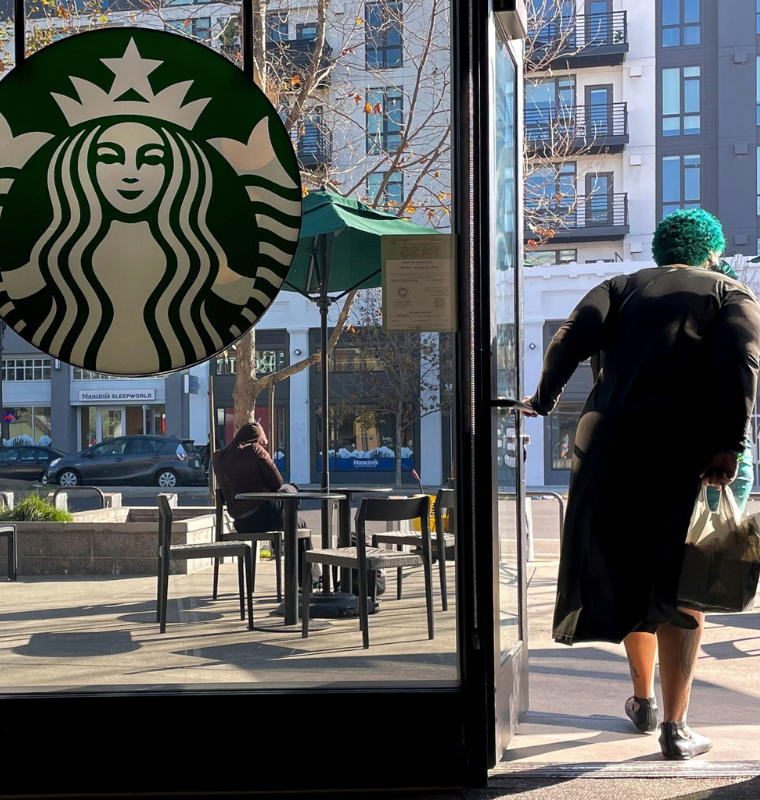Kimberly-Clark Set to Acquire Tylenol Maker Kenvue in $48.7 Billion Deal
Kimberly-Clark Set to Acquire Tylenol Maker Kenvue in $48.7 Billion Deal
By
David Goldfarb
Last updated:
November 4, 2025
First Published:
November 4, 2025

Getty Images
Deal Overview and Market Reaction
Kimberly-Clark announced on Monday that it has reached an agreement to acquire Kenvue, the maker of Tylenol, Band-Aid, and other well-known health-care products, in a $48.7 billion transaction. The deal, structured with a combination of cash and stock, represents roughly $40 billion on an equity basis, excluding debt.
Following the announcement, Kenvue shares jumped 12%, reflecting investor optimism, while Kimberly-Clark stock dipped 14% as the market digested the scale of the acquisition. The transaction, expected to close in the second half of 2026, will integrate leading consumer health and household brands under one roof.
Creating a Consumer Staples Giant
The combined company will bring together 10 billion-dollar brands, including household names like Huggies, Kleenex, Tylenol, and Band-Aid. Kimberly-Clark and Kenvue anticipate $32 billion in net revenue in 2025 and $7 billion in adjusted EBITDA, highlighting the scale and financial strength of the merged entity.
CEO Mike Hsu emphasized that the merger is a strategic next step in Kimberly-Clark’s ongoing transformation toward higher-growth, higher-margin businesses, noting the companies’ shared commitment to innovation, science, and technology in consumer care.
Kenvue Chair Larry Merlo echoed the sentiment, stating that the combination represents the best path forward for shareholders and stakeholders, with three Kenvue board members joining Kimberly-Clark’s board post-close.
Strategic Context and Industry Trends
Kenvue, which spun off from Johnson & Johnson in May 2023, has seen shares fall nearly 35% since its IPO, trading recently around $14 per share, with a market capitalization of approximately $27 billion.
The acquisition comes amid a broader trend of consolidation in consumer packaged goods. In recent years, companies have pursued strategic mergers, spinoffs, and divestitures to navigate shifting consumer demand, rising raw material costs, and global trade pressures. Kimberly-Clark, for example, sold a majority stake in its international tissue business to Brazilian pulp producer Suzano and ceased private-label diaper production for Costco to focus on premium, higher-margin brands.
Cost Synergies and Competitive Positioning
The companies project roughly $1.9 billion in cost synergies within the first three years after closing, which will enhance efficiency and profitability. The merger will also expand Kimberly-Clark’s footprint in the health-care segment, including brands like Sudafed and Pepcid, putting it in more direct competition with Procter & Gamble, whose health-care portfolio includes Pepto-Bismol and Vicks.
While Kimberly-Clark will become a more formidable player, P&G still significantly outpaces the company, with a market capitalization of around $350 billion and larger annual revenue.
Sector Implications and Consumer Trends
The merger reflects a broader pattern of investor interest in spinoffs and well-established consumer brands. Other recent deals include Mars acquiring Kellanova and Ferrero purchasing W.K. Kellogg, showing that companies are seeking stable, recognizable consumer products amid market volatility.
Acetaminophen, the active ingredient in Tylenol, is used by over 100 million Americans annually, underscoring the critical role of Kenvue’s products in everyday healthcare. Despite political controversies earlier this year, Kenvue has maintained confidence in the safety and necessity of its products, which remain highly trusted by consumers.
The Kimberly-Clark-Kenvue merger signals the formation of a global consumer staples powerhouse, combining trusted brands, strong cash flows, and strategic growth initiatives, positioning the company for long-term leadership in both household and health-care products worldwide.
Popular articles
Subscribe to unlock premium content
From Farm to Cup The Hidden Supply Chain Fueling Japanese Matcha’s Global Popularity

Glow Smart How Sleep-Optimized Lighting Is Transforming Wellness Into a $100 Million Industry

Ink and Income How Samoa Turns Traditional Tattoo Art Into a Thriving Tourism Experience

From Farm to Cup The Hidden Supply Chain Fueling Japanese Matcha’s Global Popularity

Glow Smart How Sleep-Optimized Lighting Is Transforming Wellness Into a $100 Million Industry

From Farm to Cup The Hidden Supply Chain Fueling Japanese Matcha’s Global Popularity









